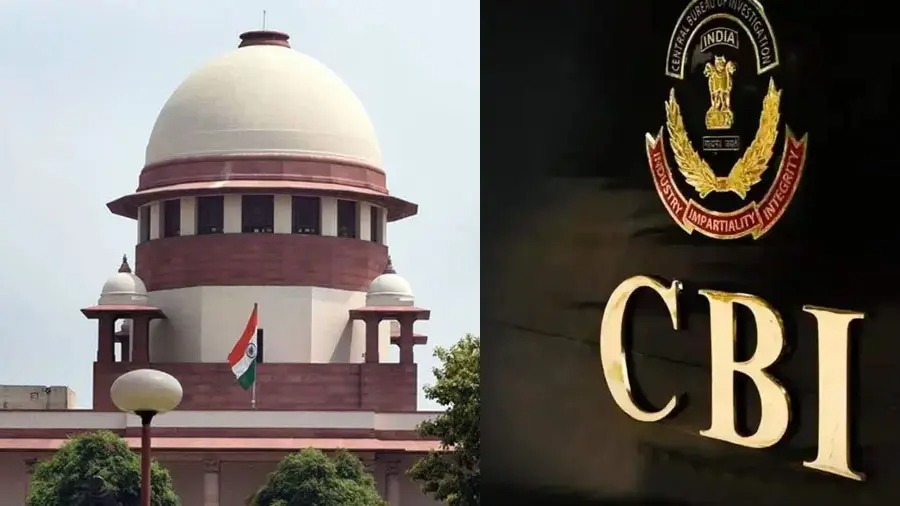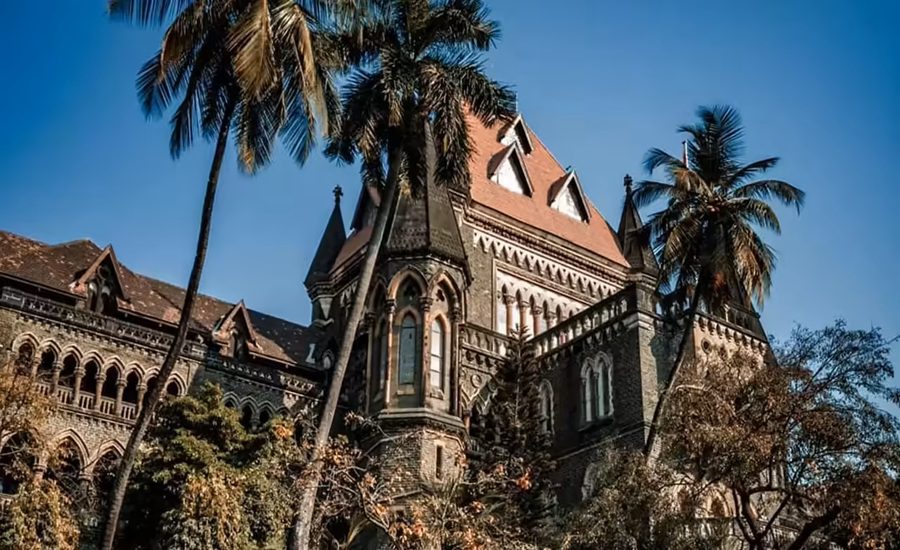@JUDGMENTTAG-ORDER
P.V. Dixit, J.
On 8th February 1944 the Appellant obtained a compromise decree against the Respondents under which the decretal amount was payable in nine annual instalments of Rs. 250/- each with the condition that in default of payment of two instalments the Defendants would be liable to pay the whole amount. On 5th March 1953 the Appellant filed an execution application to recover Rs. 466/- alleging that after the passing of the compromise decree the Defendant-judgment-debtors handed over to him the possession of some agricultural land for cultivation and for enjoying the annual profits of the land amounting to Rs. 250/-; that the land remained in his possession for seven years and he had thus recovered the amount of seven instalments; but that thereafter the judgment-debtors had dispossessed him from the land. The Plaintiff-stated that he had received Rs. 1,750/- towards the first seven instalments out of the profits of the land which was put in his possession. The judgment-debtors raised the objections that there was no agreement between the parties as regards handing over the possession of any land to the decree-holder; that even if there was any such agreement it being a new contract the decree-holder could not enforce it in execution proceedings of the decree; that the payment alleged to have been received by the Plaintiff could not be recognised as it was not certified; and that the application for execution was barred by time. The executing Court negatived the objections of the judgment-debtors and held that the decree-holder was entitled to recover the amount of the remaining two instalments and that the application for execution filed by him on 5th March 1953 for the recovery of this amount was within time under Article 182(7) of the Limitation Act. The judgment-debtors then appealed against the order of the executing Court. The learned Additional Civil Judge, First Class, Dhar, who was empowered to hear the appeal, by a reasoning which is none too clear, came to the conclusion that the execution application in question was barred by time. He agreed with the decision of the executing Court that after the passing of the compromise decree the judgment-debtors delivered possession of some land to the decree-holder and that the decree-holder received payment of Rs. 1,750/- towards the first seven instalments out of the profits of the land. He, however, held that irrespective of the question whether the amount of Rs. 1,750/- received by the decree-holder was or was not certified under Order 21, Rule 2, CPC code, the receipt of that amount by the decree-holder could not be of any assistance to him when it did not constitute part-payment by the judgment-debtors within the meaning of Section 20 of the Limitation Act. On this reasoning, he held that the application for execution dated 5th March 1953 was barred by time. The decree-holder has now filed this second appeal.
In my judgment, in this case it is wholly unnecessary to consider the questions whether after the passing of the decree, the judgment-debtors delivered possession of any land to the decree-holder asking him to appropriate the annual profits of the land towards the amount of the instalments fixed by the decree, or whether the decree-holder actually received Rs. 1,750/- out of the profits of the land, or whether he was entitled to have the payment certified along with his application for execution, or whether the payment received by the decree-holder could be regarded as part payment by the judgment-debtors within the meaning of Section 20 of the Limitation Act. The decree being an instalment decree giving an option to the decree-holder to recover the entire amount in the event of the failure of the judgment-debtors to pay two instalments and there being nothing to show that previously the decree-holder had exercised his option to execute his decree for the whole amount, the decree-holder is clearly entitled to recover the amount of such instalments which were within time under Article 182(7) of the Limitation Act when the application for execution was filed on 5th March 1953.
The compromise decree contained the term Mr. Waghmare, learned Counsel for the Respondents, urged that this clause did not give the option to the decree-holder, I do not agree. The term giving the decree-holder the right to realise the entire amount due on the occurrence of default in the payment of two instalments is inserted for the benefit of the decree-holder. Such a provision has to be construed in favour of the decree-holder whose right to get the immediate payment has once been interfered with by the instalments fixed and it is now established by numerous authorities that the correct way to construe such a proviso is to hold in favour of an option unless the language used in the decree clearly excludes the option. In this connection I need only refer to Ranglal Agarwalla v. Shyamlal Tamuli AIR 1946 Cal. 500, Firm Hardeo Dwarkadas v. Firm Binjraj Hariram 1943 NLJ 108 : ILR 1943 Nag. 334 :
In my judgment, the decree-holder is entitled to take out execution to recover the amount of individual instalments. It is not disputed that the application filed on 5th March 1953 was within three years of the due dates of eighth and ninth instalments. That being so, the learned Additional Civil Judge, First Class, Dhar, was wrong in rejecting the application for execution as barred by time.
In the result, the decision of the Additional Civil Judge, First Class, Dhar, is set aside and the order of the executing Court is restored. The decree-holder is entitled to take out execution for the recovery of the amount of the eighth and ninth instalments and the application dated 5th March 1953 is within time. The Appeal is allowed with costs throughout and the case is remitted to the executing Court for disposal.

